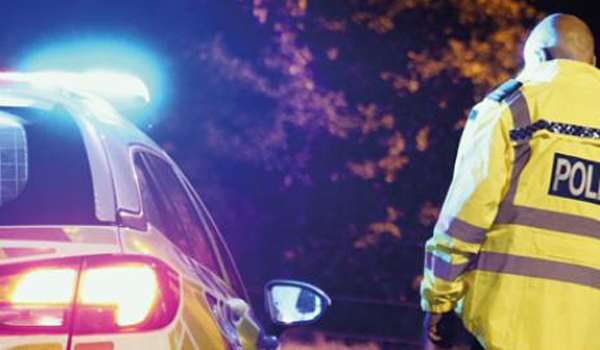College pilots new training to transform leadership of police investigations
The College of Policing is introducing new training to improve the supervision and management of police investigations across England and Wales.
The Professionalising Investigations Programme (PIP1) aims to equip sergeants and police staff with enhanced skills, to oversee criminal investigations more effectively.
The programme will be piloted across 13 forces and addresses genuine issues faced by supervisors overseeing investigators.
“It aims to improve the quality of investigation supervision, improve management of investigative teams, and will have direct impact on improving outcomes for victims, holding offenders to account, and raising the confidence our communities have in our ability to deliver justice,” the college said.
The programme is developed from evidence-based research and consultation with key partners, including the Crown Prosecution Service, and directly responds to His Majesty’s Inspectorate of Constabulary and Fire and Rescue Services (HMICFRS) report into how effectively the police investigate crime.
HMICFRS inspectors found that investigators’ workloads were often too high, crimes increasingly complex, and many supervisors lacked necessary training and experience.
To address this, the PIP1 supervisors programme has been developed with sergeants using real operational challenges and experiences faced during investigations. It equips leaders to develop the knowledge and skills to embed an investigative mindset across their teams, and create lasting improvements in the quality and outcomes of investigations.
Chief Superintendent Jamie Daniels, Crime and Criminal Justice Delivery lead, said: “The supervisor role is pivotal to the outcomes of investigations. Through this programme, we’re investing in developing the skills and knowledge supervisors need to solve crimes effectively and keep the public safe.
“Good supervision ensures consistent standards are met, experience is shared, and investigations deliver justice for victims while holding offenders accountable. This represents a significant advancement in our ongoing commitment to professionalising police investigations across all forces.”
The pilot will run until December this year and combines face-to-face learning alongside immersive Hydra training scenarios that simulate real-world challenges faced by investigative supervisors.
Content of the programme includes:
- The role of an investigative supervisor;
- Managing the investigation;
- Critical thinking in decision making;
- Outcomes of investigations;
- Victims and witnesses;
- Suspect management; and
- Custody and bail.
Following evaluation of the pilot, the college plans to invite all forces to implement this programme from April 2026.


